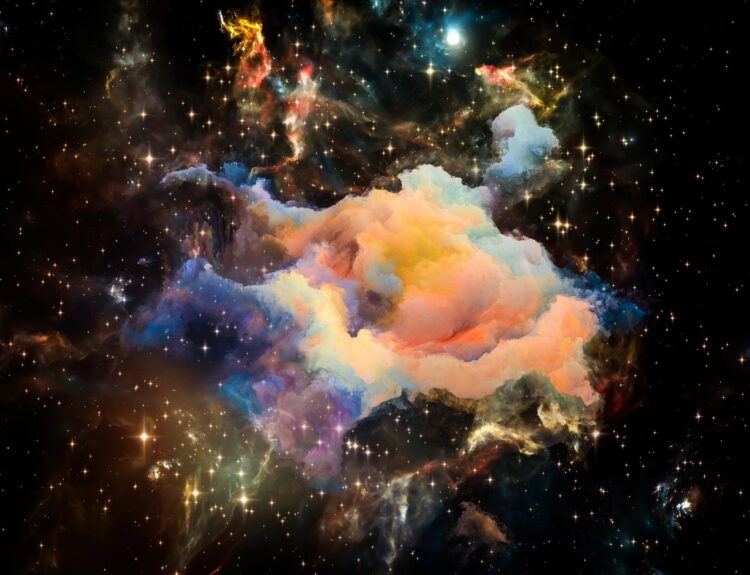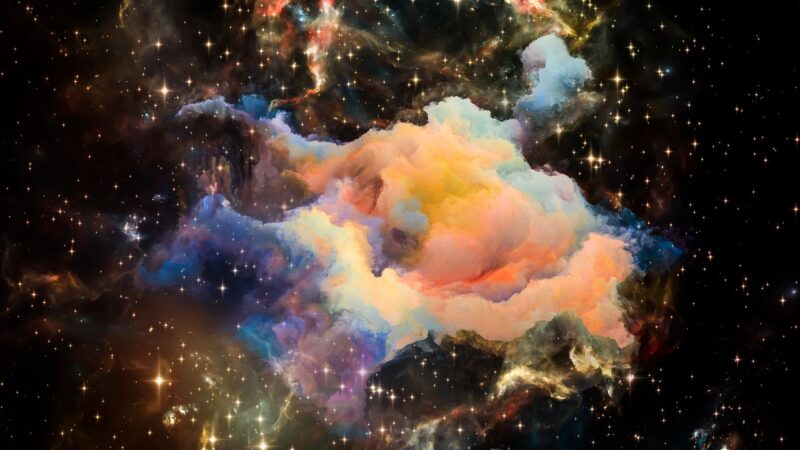Atheism, in its most direct definition, is the absence of belief in gods or deities. It does not constitute a unified worldview, ideology, or religion, but rather a position of denying the specific claim that divine beings exist.
An atheist is someone who does not believe in any god or gods. This position can stem from various reasons. Some atheists may arrive at their worldview through philosophical questioning, scientific skepticism or disillusionment with religious teachings. Others may have simply never been exposed to religious ideas in a meaningful way and see no reason to adopt them.
Are Beliefs Important?
Belief is central to the human experience. It is not only a religious phenomenon but a fundamental structure of the mind. It is a way in which humans organize the world, find meaning and act with purpose. Beliefs shape our ethics, inform our decisions, and bind us into cultures and communities. Whether it is belief in gods, in scientific truth, in human rights, or in personal purpose, belief systems act as frameworks through which we interpret existence and direct our actions.
Can Humanity exist without beliefs?
We cannot meaningfully exist without a belief system. While we might imagine a purely neutral or “belief-free” state, but in practice, every human being operates within some framework of beliefs, whether consciously constructed or unconsciously inherited.
Humans are not just thinkers but are meaning-makers. Belief systems are the scaffolding that hold up human identities, societies, and moral frameworks. To be entirely without belief is to be in a state of complete detachment or unbound chaos. In that sense, belief is not optional. It is foundational to being human.
What’s the belief in Atheism
Many atheists place a strong emphasis on rational thought, empirical evidence, humanism, personal and moral autonomy, self-awareness, questioning assumptions and scientific inquiry as the best tools for understanding the universe. Thus to be an atheist you have to essentially have belief in yourself and your own capabilities. Atheism, as is not a common movement, it has different beliefs but are finally settled upon the atheist’s own self.
Hinduism and Atheism
Unlike the Abrahamic religions (Judaism, Christianity, Islam), which generally conceive of God as a singular, personal, omniscient creator who exists separate from creation, Hinduism offers a more expansive, inclusive, and often non-dualistic vision of the divine. In Advaita Vedanta, everything is divine in some sense. The Atman (individual soul) is not separate from Brahman (universal consciousness); it is Brahman. he divine is immanent, present in all forms of life and matter, not merely transcendent.
From this standpoint, it is philosophically compelling that if everything is a form of the divine, then even someone who claims not to believe in “God” may still, unknowingly or indirectly, be connected to the divine through their reverence for reason, morality, or nature.
So, if you call yourself an atheist and have some personal values, think again. Are you an atheist?












